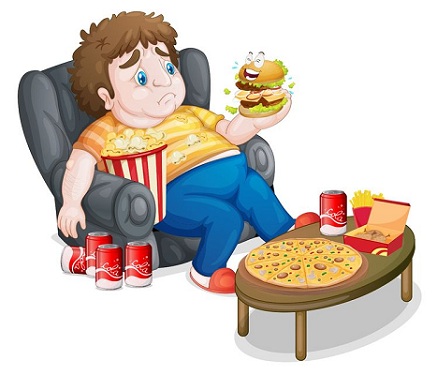
With teenagers back at school, you’ve got another reason besides better grades to make sure your young student tucks in early.
According to research conducted by researchers at the University of North Carolina Gillings School of Public Health and the Mailman School of Public Health at Columbia University, not getting enough sleep significantly increases a teenager’s obesity risk.
Assistant professor of Epidemiology at the Mailman School, Shakira F. Suglia, and her team analyzed health records from more than 10,000 teenagers and young adults in the U.S. who were already participating in the National Longitudinal Study of Adolescent Health, ages 16-21. During home visits in 1995 and 2001, researchers also took the opportunity to collect information regarding each teenager’s height, weight, and sleep habits.
Almost one-fifth of the 16-year-olds reported getting less than 6 hours of sleep each night, increasing their obesity risk. Compared to teenagers who got more than 8 hours of sleep, this group was 20% more likely to be obese by the time they reached age 21. While lack of physical activity and time spent watching television did play a factor in obesity, it did not account for the correlation between sleeplessness and obesity.
“The message for parents is to make sure their teenagers get more than eight hours a night,” Suglia informs. “A good night’s sleep does more than help them stay alert in school. It helps them grow into healthy adults.” She also added, “Once you’re an obese adult, it is much harder to lose weight and keep it off. And the longer you are obese, the greater your risk for health problems like heart disease, diabetes, and cancer.”
It is critical to promote healthy sleep habits for every member of your household. While every person is different, the National Sleep Foundation has recommended sleep guidelines to help keep you on track with your needs. Not sure how much shut-eye your family needs, click here!

No comments yet.